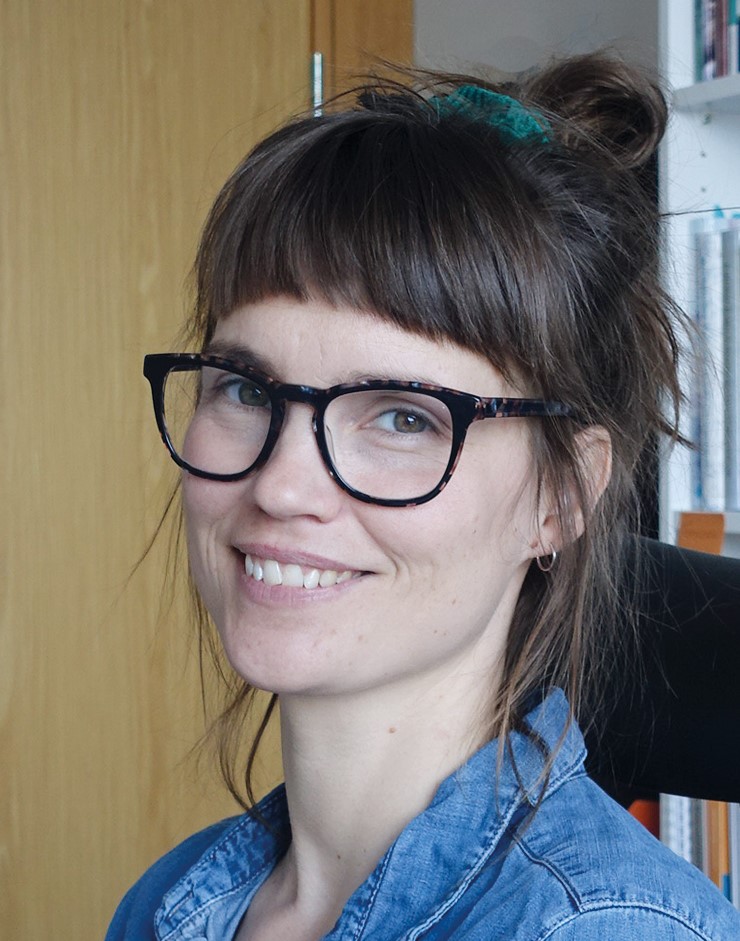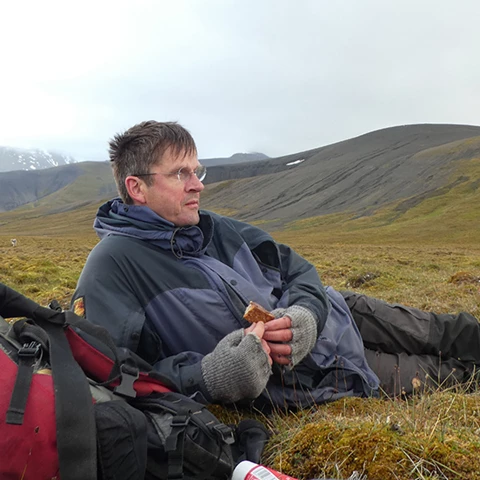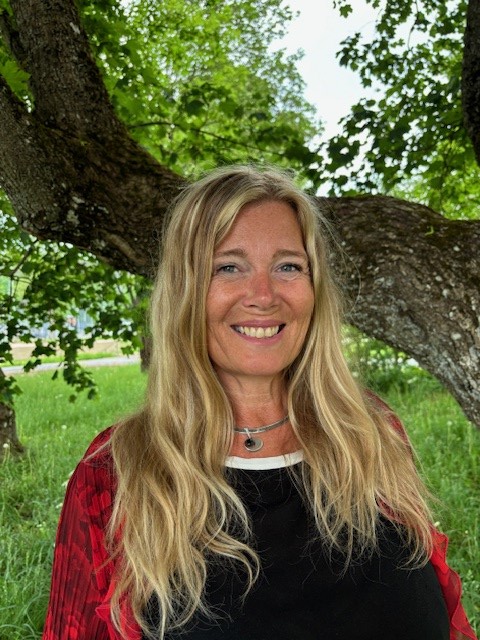Our research
Environmental communication is an interdisciplinary research field connected to communication studies, ecology, human geography, political science, sociology, sustainability science and others. Below you can read about our points of departure, focus areas and synthesis projects that are central to reframing communication for sustainability.
We work from five points of departure:
Environmental communication shapes the world and our understanding of it.
When we communicate about the natural world and environmental issues, we don’t just describe them – we shape how we understand them. What we say, and how we say it, constitutes reality.
Environmental communication is shaped by who participates and in what way.
It is multilateral, entailing a wide range of communicative interactions: within individuals, between people, and within and between groups. It is also multimodal, encompassing different communication settings and ways of communicating (e.g. face to face, public debate, social media), each with its own forms, norms and possibilities for understanding, expressing and negotiating environmental concerns and human/nature relations.
Sustainability transformations are driven by the interplay of structure and agency.
Studying the dynamic interplay between societal patterns, such as laws and norms, and individual and collective actions, helps us see how and why change happens – and why not.
Environmental communication is a field of discursive struggle.
Sustainability transformations are deeply contested and characterised by conflicting understandings and beliefs. The language and discourses used both reflect and shape how different groups understand the environment and environmental issues.
Power is inherent to environmental communication.
While power is not always apparent in environmental communication, it is important to always critically analyse how power relations shape and are shaped by environmental communication: Whose voices are heard and whose are not? Whose knowledge counts? How do broader power structures enable and constrain sustainability transformations?
From information to transformation
The programme consists of five focus areas, which each offers a critical vantage point for understanding and addressing sustainability challenges.

Focus area 1 – Information
Information cultures, data and technology in environmental communication


Focus area 2 – Meaning-making
Processes of meaning-making in environmental communication


Focus area 3 – Knowledge
The constitution of knowledge and truth in environmental communication


Focus area 4 – Governance
Governance, collaboration and resistance in environmental communication


Focus area 5 – Transformation
Co-creating transformations through environmental communication

Synthesis
Synthesis includes activities and projects that connect themes, theories, and people from across the programme. These projects respond to pressing societal developments,
emerging questions within the programme and the wider environmental communication research field.

C in EC
Communication in Environmental Communication


E in EC
Environment in Environmental Communication


Impact node
The Impact node


NiLab
The Nature Interpretation Lab


Textbook
The Textbook - A Critical Introduction to Environmental Communication

Understanding environmental communication
We want to mainstream a broader understanding that takes into account the different roles of and interactions between actors in communication, and that includes, for example, artists, land users and the wider public.
Read more about the results of our work in our Publications
On these pages you will find reports, films, articles and other things that the work within Mistra Environmental Communication has led to.
